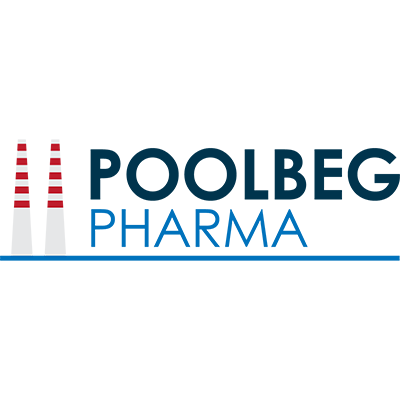Cytokine Release Syndrome (CRS) poses a significant challenge in cancer immunotherapy, often leading to severe complications and limiting treatment options. Poolbeg Pharma’s innovative approach with POLB 001 offers a promising solution to mitigate this risk, potentially transforming patient outcomes and expanding the reach of life-saving therapies.
CRS is an acute inflammatory response triggered by an overactive immune system, commonly observed in patients undergoing treatments like CAR-T cell therapy and bispecific antibodies. This hyperinflammation can result in prolonged hospital stays, treatment discontinuation, and, in severe cases, mortality. Current management strategies are limited, often reactive, and associated with significant drawbacks.
Enter POLB 001, Poolbeg Pharma’s orally administered p38 MAP kinase inhibitor designed to preemptively address CRS. In preclinical studies, POLB 001 demonstrated a significant reduction in key pro-inflammatory cytokines, including TNF, IL-4, IL-6, IL-8, and MIP-1α. These findings suggest a robust potential for POLB 001 to prevent the onset of CRS without compromising the efficacy of the underlying cancer immunotherapy.
Notably, POLB 001’s oral formulation offers a distinct advantage over existing intravenous treatments, potentially reducing hospitalisation durations and associated healthcare costs. This convenience could enhance patient quality of life and broaden access to advanced cancer therapies beyond specialised centres.
The market implications are substantial. With the cancer immunotherapy sector projected to reach \$100–140 billion by 2030, and CRS affecting over 70% of patients receiving CAR-T or bispecific antibody treatments, the demand for effective preventative solutions is pressing. POLB 001 addresses this unmet need, positioning Poolbeg Pharma at the forefront of a potential $10 billion market opportunity.
Poolbeg Pharma plc (LON:POLB) is a clinical stage infectious disease pharmaceutical company, with a novel capital light clinical model which enables us to develop multiple products faster and more cost effectively than the traditional biotech model.








































